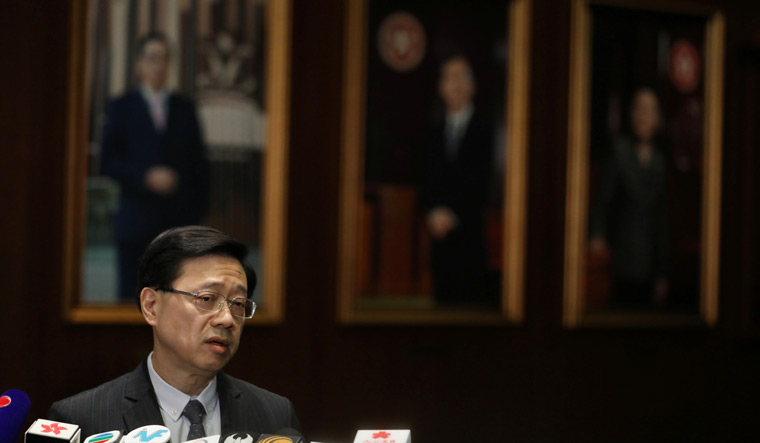The Hong Kong Legislative Council on Wednesday formally withdrew a contentious extradition bill that had triggered months of violent protests in the city over concerns China would use it to target pro-democracy activists.
Hong Kong Chief Executive Carrie Lam had announced in September plans to withdraw the extradition bill. In fact, the extradition bill had been introduced in the Legislative Council a week ago, but some lawmakers forced the suspension of the house.
If it was accepted, the bill would have allowed for transfer of Hong Kong residents to stand trial in China, Taiwan and Macau, triggering fears that China was strengthening its control over the city.
Ironically, the withdrawal of the bill came on the same day the Hong Kong resident whose actions led to its promulgation was released from jail. Chan Tong Kai, who was accused of murdering his girlfriend in Taiwan last year, had fled to Hong Kong. Taiwan was unable to apprehend him given lack of an extradition treaty with Hong Kong. Chang, who was arrested for alleged involvement in money laundering, was released as there was insufficient evidence of his involvement in the murder.
Intriguingly, the withdrawal of the extradition bill may not end the ongoing pro-democracy protests. The protesters had declared they would not settle for anything less than fulfilment of all five of their demands including universal suffrage. Nearly 2,000 people have been arrested in the Hong Kong protests, while hundreds have been injured.


